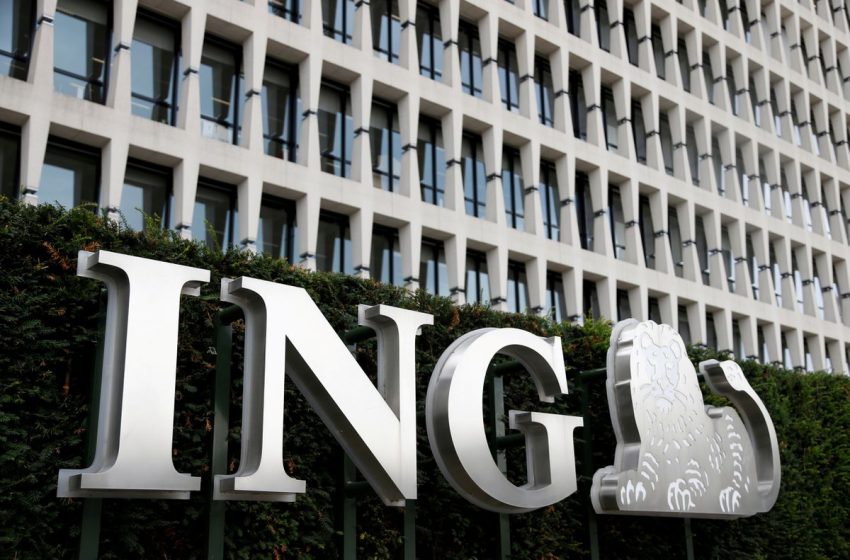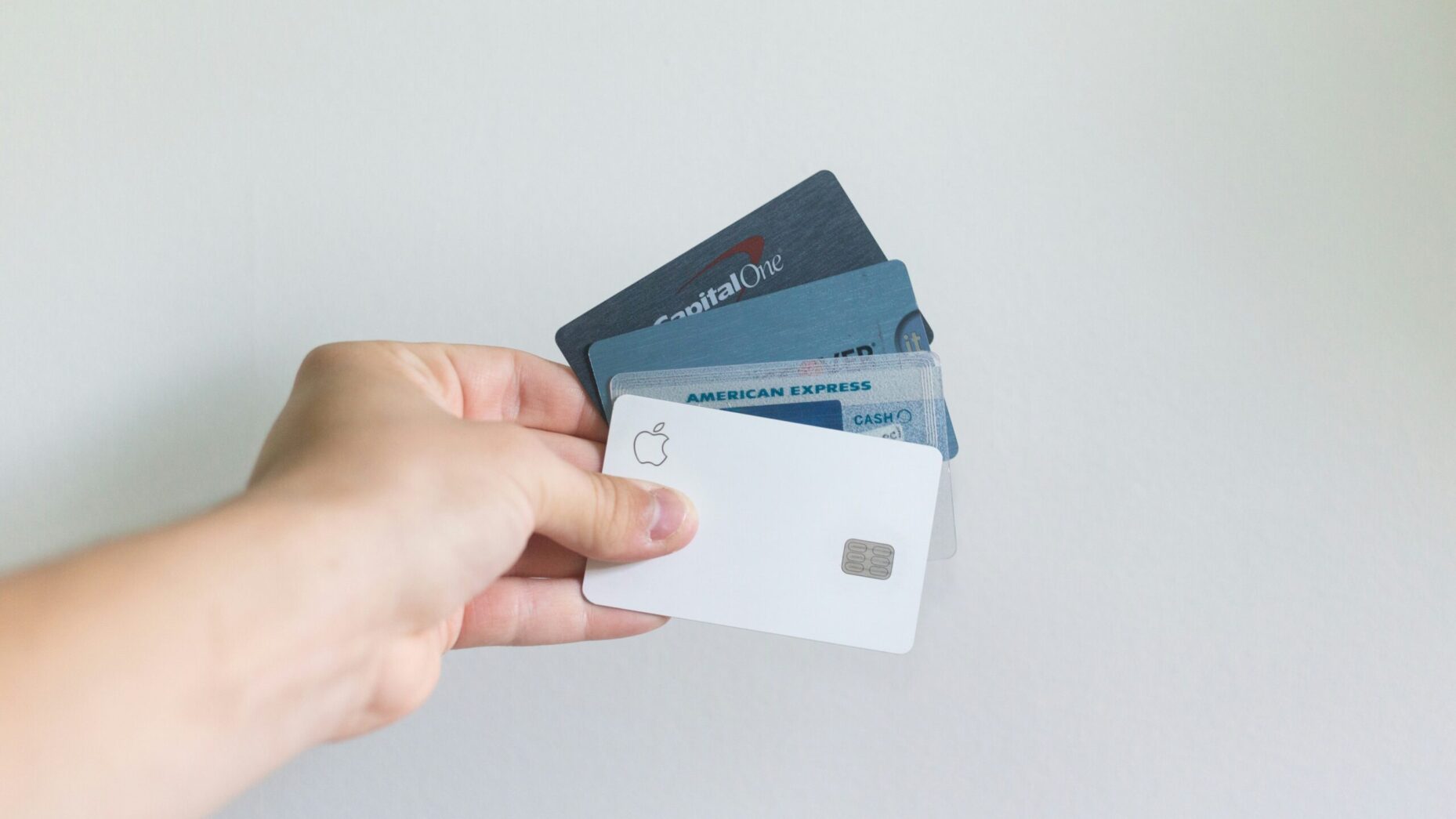
ING shares dip 4% after earnings; provisions rise on inflation worries
AMSTERDAM, Feb 3 (Reuters) – ING Groep NV (INGA.AS) reported higher-than-expected provisions in its fourth quarter earnings report on Thursday, as the largest Dutch bank braced for the impact of higher inflation on customers.
ING reported a 27% rise in fourth-quarter pretax profit to 1.33 billion euros ($1.50 billion), slightly below analyst forecasts of 1.47 billion euros, according to Refinitiv data. Pretax profit was 1.05 billion euros in the same period of 2020.
“The slight miss is driven by higher costs and provisions, partly offset by higher revenues,” said analysts from Jefferies in a note on earnings.
Shares, which have nearly doubled over the past year, were down 4.0% at 12.97 euros at 0823 GMT.
Provisions for bad loans in the quarter increased to 356 million euros from 208 million euros, with most of the increase due to the expectation that rising inflation and energy costs could hurt mortgage customers’ ability to pay.
While property values are currently rising in ING’s core German and Dutch markets, and actual defaults have been limited, Van Rijswijk said the company thought it was prudent to take the provisions.
The value of commercial loan collateral is also tied to inflation and interest rates, CEO Stephen van Rijswijk said.
“Inflation we have now seen moving up quite steeply — then there is a potential risk that the collateral value goes down, so in case then of a default at a client it also means that our recovery rate would go down,” he said.
Van Rijswijk said positives in the quarter included higher lending volumes and strong fee growth.
Among key bank profitability measures, ING’s net interest margin shrank slightly from a year earlier to 1.37% from 1.41%. The bank has been under pressure from low interest rates, although it softened the blow by charging negative rates on larger customer deposits.
Fee and commission income rose 20% to 925 million euros as the bank charged retail customers more for banking packages, for payments, and for investment products.
Customer loans climbed 4.8% or by 13.4 billion euros to 632 billion euros, with good growth seen among wholesale banking customers and more mortgage loans to German customers.
($1 = 0.8850 euros)
Reporting by Toby Sterling; Editing by Sam Holmes, Edwina Gibbs & Simon Cameron-Moore






